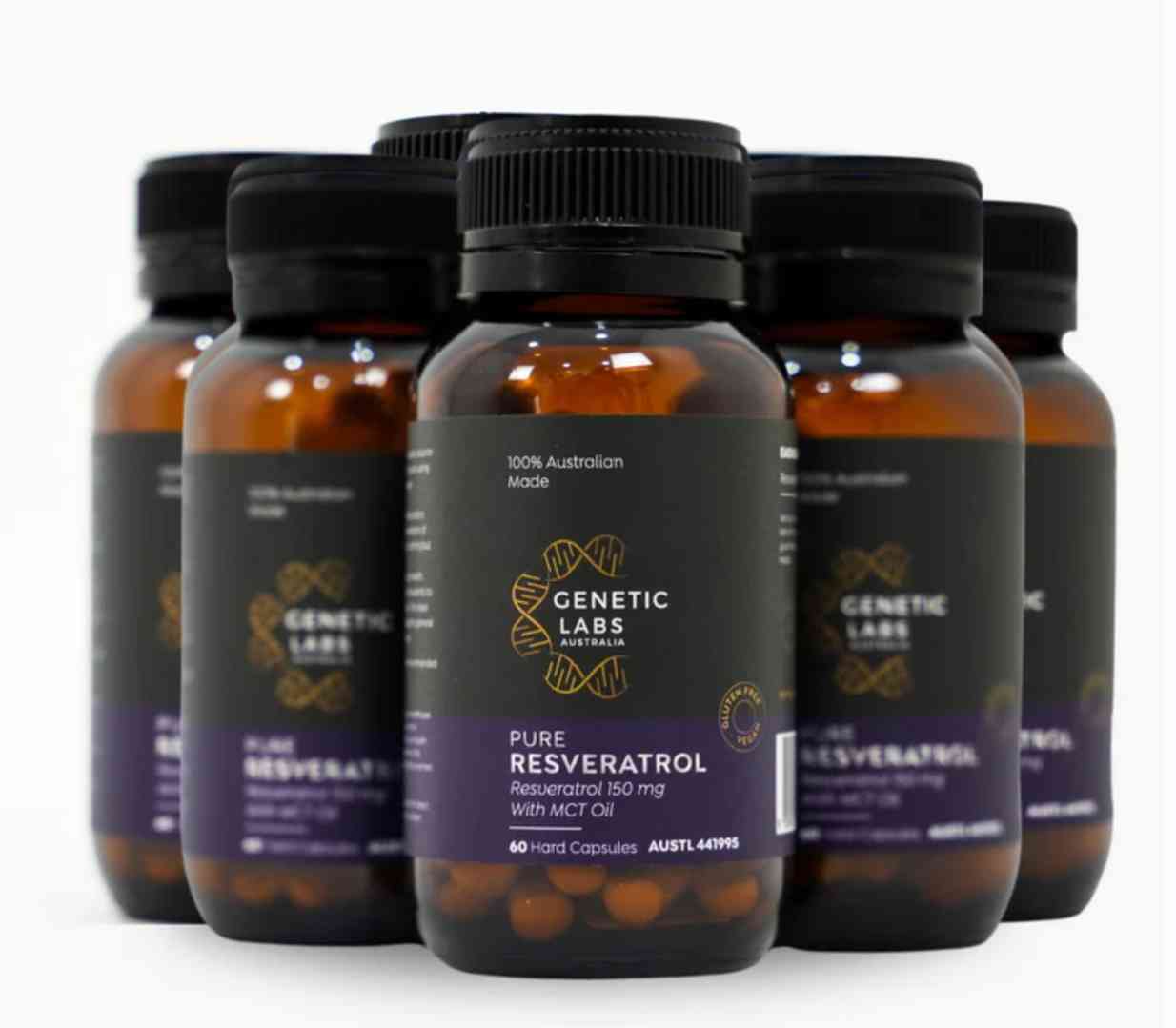Ever wondered if there’s a secret ingredient to longevity and good health? Spoiler alert—there might be! It’s called resveratrol, and it’s making waves in the health community for its potential to combat inflammation and disease. If you’re a health enthusiast looking to boost your well-being, this blog post is your ultimate guide to understanding how resveratrol can be your new best friend. From boosting heart health to potentially staving off chronic illnesses, stick around to uncover the magic behind this powerful compound.
What is Resveratrol?
Resveratrol is a natural compound found primarily in the skin of red grapes, but also in other sources like berries and peanuts. It’s part of a group of compounds called polyphenols, which are believed to have antioxidant properties. Antioxidants help fight off free radicals—unstable molecules that can damage cells and contribute to aging and disease.
Researchers have been intrigued by resveratrol because of its potential health benefits. Studies suggest that it might play a role in reducing inflammation, which is linked to numerous chronic diseases. Before you go binge-drinking red wine, though, it’s worth noting that you’d have to drink gallons to get sufficient resveratrol from wine alone!
The Science Behind Resveratrol
Why all the buzz about resveratrol? The answer lies in its interaction with certain proteins and enzymes in the body. One key interaction is with a protein called SIRT1, which is thought to influence aging and stress resistance. By activating SIRT1, resveratrol may help protect cells from damage and delay the onset of age-related diseases.
Another exciting aspect is resveratrol’s ability to inhibit specific pathways involved in inflammation. Chronic inflammation is a silent culprit behind many health issues, including heart disease, diabetes, and even cancer. Resveratrol’s anti-inflammatory properties make it a promising candidate for preventive health measures.
Resveratrol and Heart Health
Heart disease remains the leading cause of death worldwide, making heart health a critical area of study. Research indicates that resveratrol could offer several benefits for cardiovascular health. It helps by:
- Reducing oxidative stress on blood vessels
- Lowering bad cholesterol (LDL) levels
- Inhibiting the formation of blood clots
These combined effects contribute to healthier arteries and a reduced risk of heart attacks and strokes. While more research is needed to fully understand the extent of these benefits, the current findings are promising.
Fighting Inflammation with Resveratrol
Inflammation, though necessary for healing, can become problematic when it turns chronic. Chronic inflammation is linked to conditions like arthritis, asthma, and inflammatory bowel disease. Resveratrol’s anti-inflammatory properties can help manage these conditions.
Studies have shown that resveratrol can suppress the activity of pro-inflammatory molecules like cytokines and NF-κB. By doing so, it helps reduce inflammation and alleviate symptoms associated with chronic inflammatory diseases.
Resveratrol and Diabetes Management
Diabetes management is another area where resveratrol shows potential. It may improve insulin sensitivity, helping the body use glucose more effectively. This could be particularly beneficial for individuals with type 2 diabetes, where insulin resistance is a common issue.
Additionally, resveratrol appears to have a protective effect on pancreatic cells, which produce insulin. This dual action makes it a compelling supplement for those looking to manage their blood sugar levels naturally.
Resveratrol in Cancer Prevention
Cancer prevention is a complex field, but early studies suggest that resveratrol could play a role. It exhibits anti-cancer properties by inhibiting the growth of cancer cells and inducing apoptosis (programmed cell death). Resveratrol also interferes with the pathways that tumors use to grow and spread.
While it’s not a standalone cure, resveratrol could be part of a broader preventive strategy against cancer. Research is still ongoing, but the preliminary results are encouraging.
Cognitive Benefits of Resveratrol
Brain health is another area where resveratrol shines. Studies suggest that it may protect neurons from damage and reduce the risk of neurodegenerative diseases like Alzheimer’s. Its antioxidant properties help combat oxidative stress in the brain, a contributing factor to cognitive decline.
By improving blood flow to the brain, resveratrol also enhances cognitive function. This could mean better memory, focus, and overall mental clarity—a boon for anyone looking to stay sharp as they age.
Resveratrol and Longevity
The quest for longevity has fascinated humans for centuries. Could resveratrol be the key? Some researchers think so. By activating certain genes associated with longevity and stress resistance, resveratrol may extend lifespan and improve quality of life.
Animal studies have shown promising results, with resveratrol extending the lifespan of various organisms. While human studies are still in their infancy, the potential is there for resveratrol to be a game-changer in the field of longevity research.
Sources of Resveratrol
Now that you’re sold on the benefits of resveratrol, where can you find it? Natural sources include:
- Red grapes
- Blueberries
- Cranberries
- Peanuts
- Dark chocolate
For those looking for a more concentrated dose, resveratrol supplements are widely available. These can provide the benefits without the need for excessive consumption of resveratrol-rich foods.
How to Incorporate Resveratrol into Your Diet
Incorporating resveratrol into your diet doesn’t have to be complicated. Here are some simple tips:
- Enjoy a glass of red wine in moderation.
- Add a handful of grapes or berries to your daily meals.
- Snack on peanuts or add them to salads.
- Indulge in a piece of dark chocolate now and then.
- Consider a resveratrol supplement if dietary sources are insufficient.
By making these small adjustments, you can easily boost your resveratrol intake and reap its many health benefits.
Potential Side Effects and Precautions
While resveratrol is generally considered safe, it’s essential to be aware of potential side effects. High doses can lead to digestive issues, and it may interact with certain medications. Always consult with a healthcare provider before starting any new supplement, especially if you have underlying health conditions or are taking other medications.
Moderation is key. Stick to recommended doses, and monitor your body’s response to resveratrol to ensure it’s working well for you.
Resveratrol offers a wealth of health benefits, from fighting inflammation and chronic diseases to enhancing cognitive function and potentially extending lifespan. For health enthusiasts, incorporating resveratrol into your daily routine can be a simple yet powerful way to improve overall well-being.






